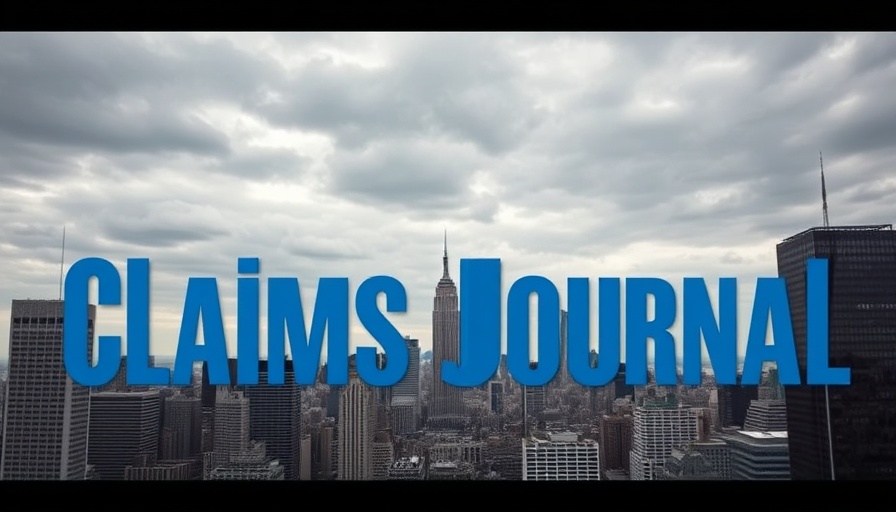
Understanding the Verdict: Implications for Tesla and Consumers
The recent trial concerning Tesla’s Autopilot feature represents a significant chapter in the ongoing conversation about vehicle safety and automated driving technologies. A jury has awarded $243 million to the victims involved in a fatal 2019 crash, of which Tesla has been held liable for a substantial portion. This verdict not only emphasizes the potential legal repercussions that companies face as technology evolves but also serves as a stark reminder for consumers regarding the responsibilities tied to emerging technologies.
The Settlement Rejection: A Risky Gamble?
One of the most compelling aspects of this case is Tesla's decision to reject a $60 million settlement offer prior to the trial's conclusion. This choice raises questions about risk assessment in corporate America, particularly in the automotive industry where public safety is paramount. Had Tesla accepted the settlement, it could have avoided the costly verdict and mitigated reputational damage. Instead, the company now faces both a hefty financial penalty and a tarnished image. Consumers should take this as a cautionary tale about the risks involved in litigation versus settlement.
Legal Precedents and Consumer Rights
This trial is particularly notable as it marks the first involving the wrongful death of another party linked to Tesla’s Autopilot system. Such cases set legal precedents that will shape how future claims are evaluated. Currently, Tesla faces similar lawsuits, many of which have been settled out of court. For consumers, understanding the outcomes of these legal proceedings is essential, especially as they relate to rights in accidents involving advanced driving assistance systems.
Steps to Navigate Your Own Claims
If you find yourself in a similar situation after an accident, understanding the insurance claim process can profoundly impact your recovery. Here’s how you can navigate it effectively:
- Document Everything: From taking photos of the accident scene to gathering witness statements, comprehensive documentation is crucial.
- Understand the Claims Timeline: Be aware of your insurance company’s timeline for filing a claim; delays can result in denied insurance claims.
- Negotiate Wisely: Knowing how to file a claim and negotiate an insurance settlement can save you from undervaluing your property damage claim.
Common Misconceptions About Insurance Claims
Many consumers believe that insurance adjusters will always have their best interests at heart. Unfortunately, this is often not the case. Insurance companies aim to protect their bottom line, which can mean pushing for lower settlements. To combat this, educate yourself on the claims process to empower your negotiations. Be wary of quick settlements that may not encompass the full extent of your damages.
Final Thoughts: Knowledge is Power
This recent Tesla verdict serves as a crucial reminder of the complexity surrounding motor vehicle technology and legal accountability. Whether you’re navigating a property damage claim after an accident or facing the daunting insurance claim process, knowledge and preparation are your strongest allies. Stay informed, document thoroughly, and never hesitate to pursue your rights.
As you reflect on the implications of Tesla's case, consider your own insurance situation. Whether you're tackling an insurance adjuster's questions or preparing for potential negotiations, ensure that you are equipped with the right information and strategies. Understanding your options can spell the difference between just settling and securing a fair outcome.
 Add Row
Add Row  Add
Add 




Write A Comment